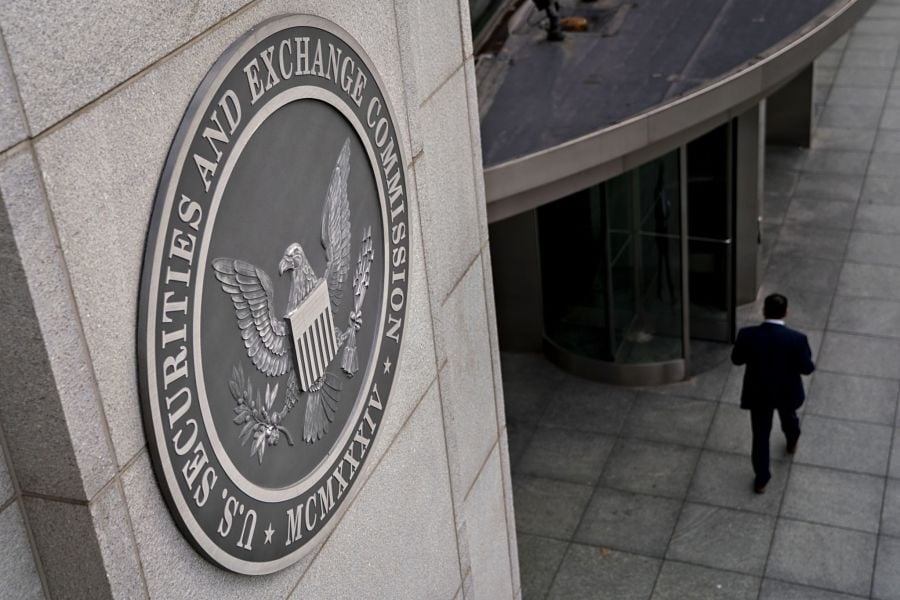

The Securities and Exchange Commission has a fresh warning for the booming SPAC market: Blank-check companies aren’t an end around to avoid disclosing key information to investors.
In a statement Thursday, a top SEC official made clear that despite their unique structure, special purpose acquisition companies are covered by federal securities rules. Claims that promoters face less legal liability than a traditional public offering are “uncertain at best,” said John Coates, the acting director of the agency’s corporation finance division.
SPACs list on public stock exchanges to raise money for the purpose of buying other companies. For months, the SEC has been raising red flags that investors aren’t being fully informed of potential risks.
Coates emphasized that the firms have obligations as they seek to identify an acquisition target, and eventually take it public through another transaction known as a de-SPAC.
“A de-SPAC transaction gives no one a free pass for material misstatements or omissions,” he said. “All involved in promoting, advising, processing, and investing in SPACs should understand the limits on any alleged liability difference between SPACs and conventional IPOs.”
About 300 SPACs launched on U.S. exchanges in the first quarter, raising almost $100 billion. That total was more than SPACs raised all of last year.
The deluge has overwhelmed those responsible for reviewing filings at the SEC, triggered a surge in liability insurance rates for blank-check companies and fueled market anxieties that the bubble is about to burst.

Wealth managers highlight strategies for clients trying to retire before 65 without running out of money.

Shares of the online brokerage jumped as it reported a surge in trading, counting crypto transactions, though analysts remained largely unmoved.

President meets with ‘highly overrated globalist’ at the White House.

A new proposal could end the ban on promoting client reviews in states like California and Connecticut, giving state-registered advisors a level playing field with their SEC-registered peers.

Morningstar research data show improved retirement trajectories for self-directors and allocators placed in managed accounts.
Orion's Tom Wilson on delivering coordinated, high-touch service in a world where returns alone no longer set you apart.
Barely a decade old, registered index-linked annuities have quickly surged in popularity, thanks to their unique blend of protection and growth potential—an appealing option for investors looking to chart a steadier course through today's choppy market waters, says Myles Lambert, Brighthouse Financial.
